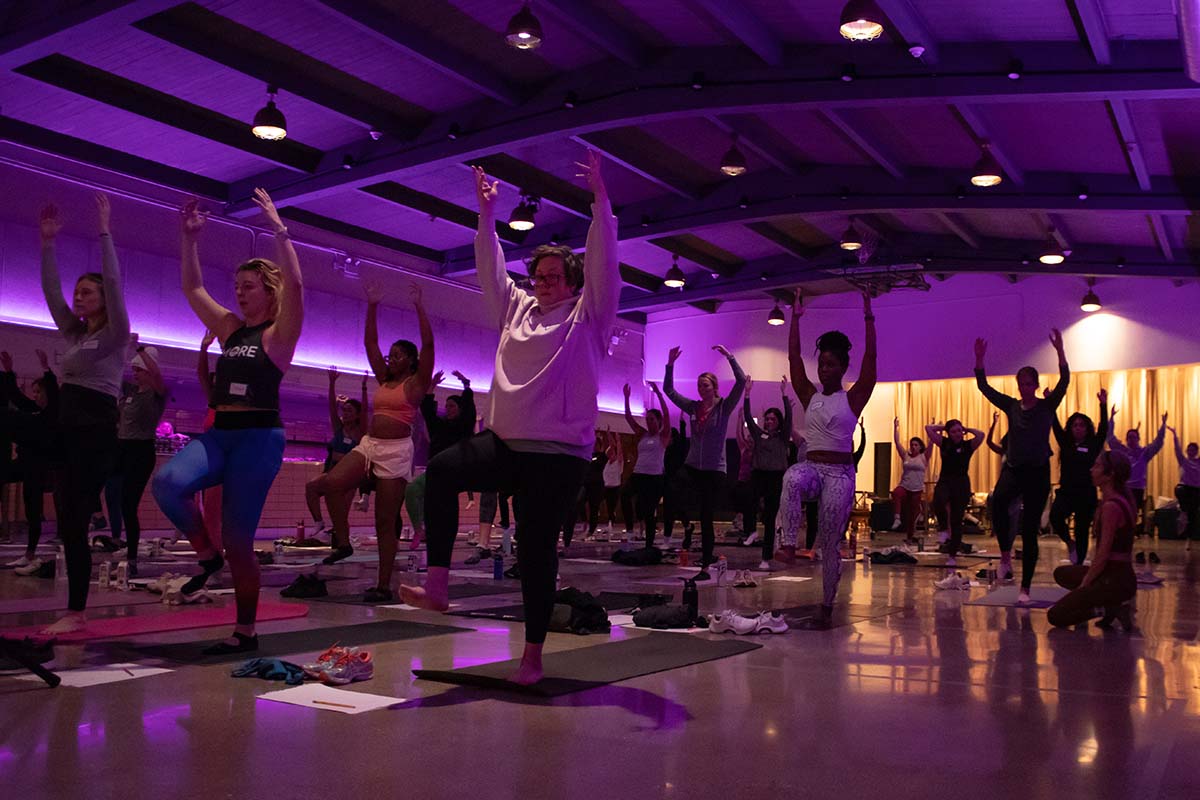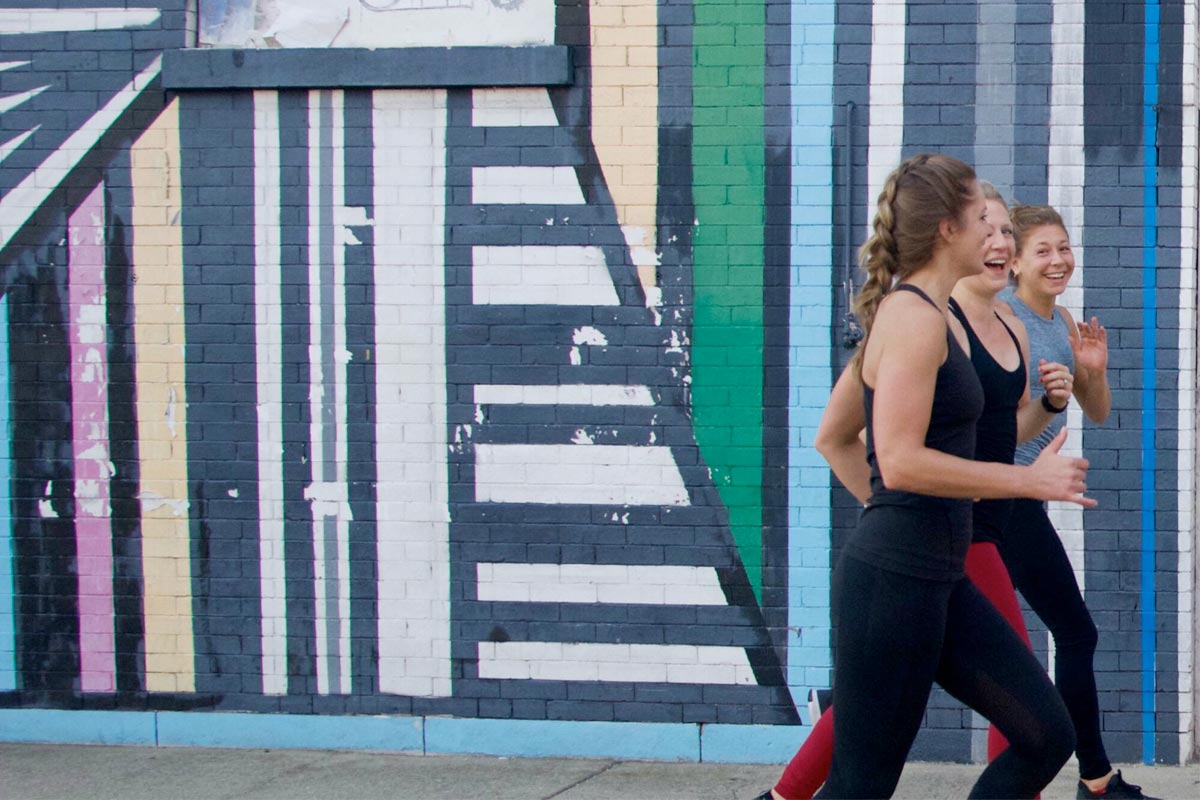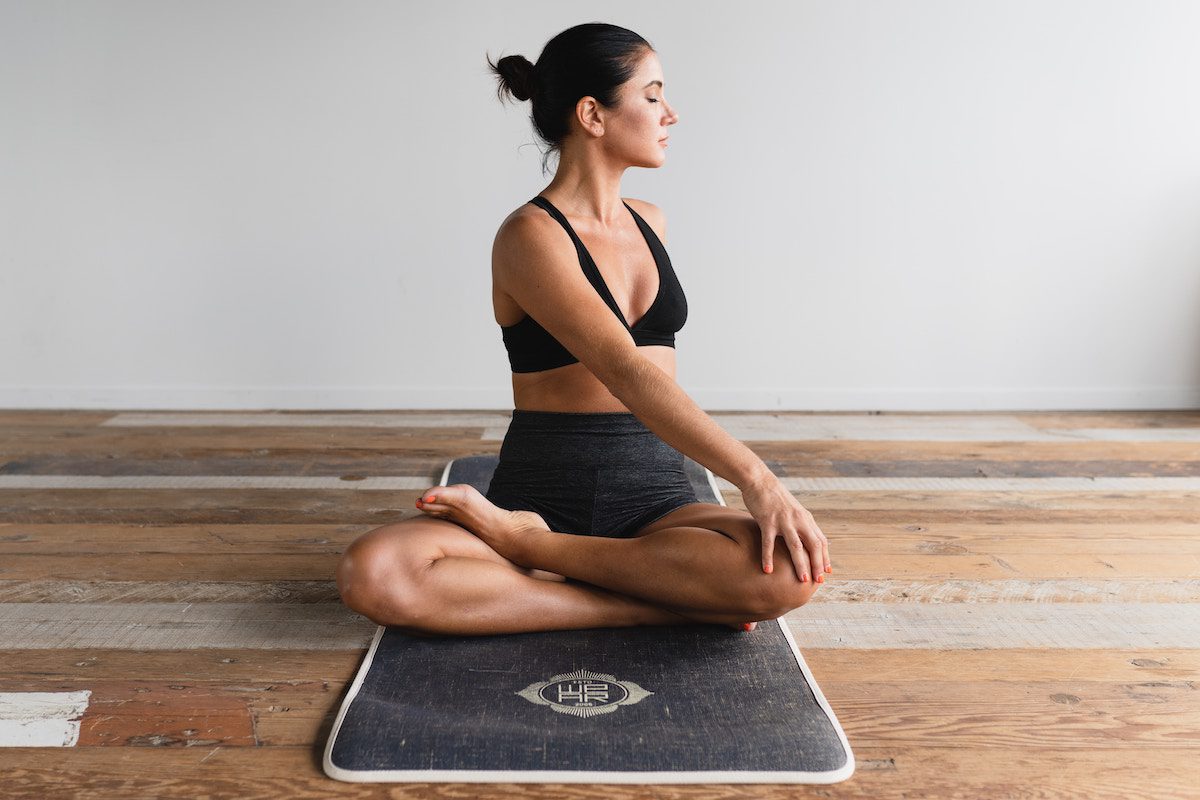4 Ways Your Body Suffers from Lack of Sleep
I am a self-proclaimed ‘terrible sleeper.’ While I will have periods of sound sleep, logging in the suggested eight hours, I will also have periods throughout the year — sometimes stretches that last for months — where I will experience frequent insomnia and sleeplessness.

In the midst of some of these sleep-deprived hazes, where my synapses seem to fire at the speed of a sloth, I hear my students bragging about how they get by on four and five hours of sleep a night. They are not the only ones who feel proud of their ability to ‘cheat the system.’ Many of us living in the developed world who are doing everything adult — parenting, working, spousing and friending — pride ourselves on feeling superhuman when we can ‘do it all’ on less than eight hours of sleep a night. Because, c’mon, why sleep for 33% of your life when you don’t have to? You can sleep when you’re dead, the adage goes, correct?
Not so much, says Matthew Walker, a professor of neuroscience and psychology at the University of California, Berkeley, and author of the book Why We Sleep.
I first listened to Walker coin sleep ‘the Swiss Army Knife’ of health on NPR’s podcast Eyes Wide Open. As I listened to host Shankar Vedantam interview Walker, I became increasingly interested in how my consistent lack of sleep affects the body’s functions — for me, for my students, and for you, too.
Your memory fades
In an article for Business Insider entitled, “A sleep expert explains what happens to your body and brain if you don’t get sleep,” Walker explains that not getting proper sleep affects your memory. First, without the proper eight hours that Walker insists on, “the memory inbox of the brain shuts down,” making it difficult to create new memories. During a good night of rest, the brain is busy taking a broom to beta-amyloid–a protein that is also associated with Alzheimer’s disease. So, as we can see, inconsistent sleep is detrimental to our gray matter both in the short and long term.
Your reproductive hormones dip
The research that Walker has done actually relates to you, gentlemen, in case you read ‘reproductive system’ and pictured a nice pair of ovaries. Logging 5-6 hours of sleep won’t just have you reaching for another cup-o-joe, it will also decrease your level of testosterone to that of a man about 10 years your senior.
Your immunity wanes
After a rough week and stress-induced sleeplessness, I am currently battling a cold. This one is no real surprise for us, but let’s talk about the science behind sleep and our immune system as knowing the raw facts may help us prioritize sleep during those hectic weeks. In the Mayo Clinic’s article “Lack of sleep: Can it make you sick?” Eric J. Olson, M.D. explains that during sleep, cytokines — proteins that ultimately help fight infection and inflammation — are released. When you sleep less than seven hours each night, your cytokine levels may decrease, making it difficult for your body to fight infection diseases. Well, I’ll toast to you, cytokines, with my lemon-ginger water tonight.
Your heart suffers
Who knows someone on blood-pressure medication? (They all raise their hands.) A less obvious side-effect of sleep is regulated blood pressure. I learned this from Walker in the NPR podcast. He caused my heart rate to increase when he spoke about the increased risk of heart attacks — by 200%, actually — in people getting less than six hours of sleep per night. Sleep acts as blood pressure medication because during sleep, our heart rate decreases, thus allowing our blood pressure to go down as well.
I often blame my poor sleeping on genetics. My grandmothers have both long had sleep issues, and so I have concluded that I inherited the ‘bad sleep gene.’ I am not sure this exists, but even if it does, sleep is likely linked to nurture as well as nature. For this reason, I am following the advice of Walker, and putting my devices away 1-2 hours before bed, and I am making sure to offer myself an eight-hour “sleep opportunity” each night.












